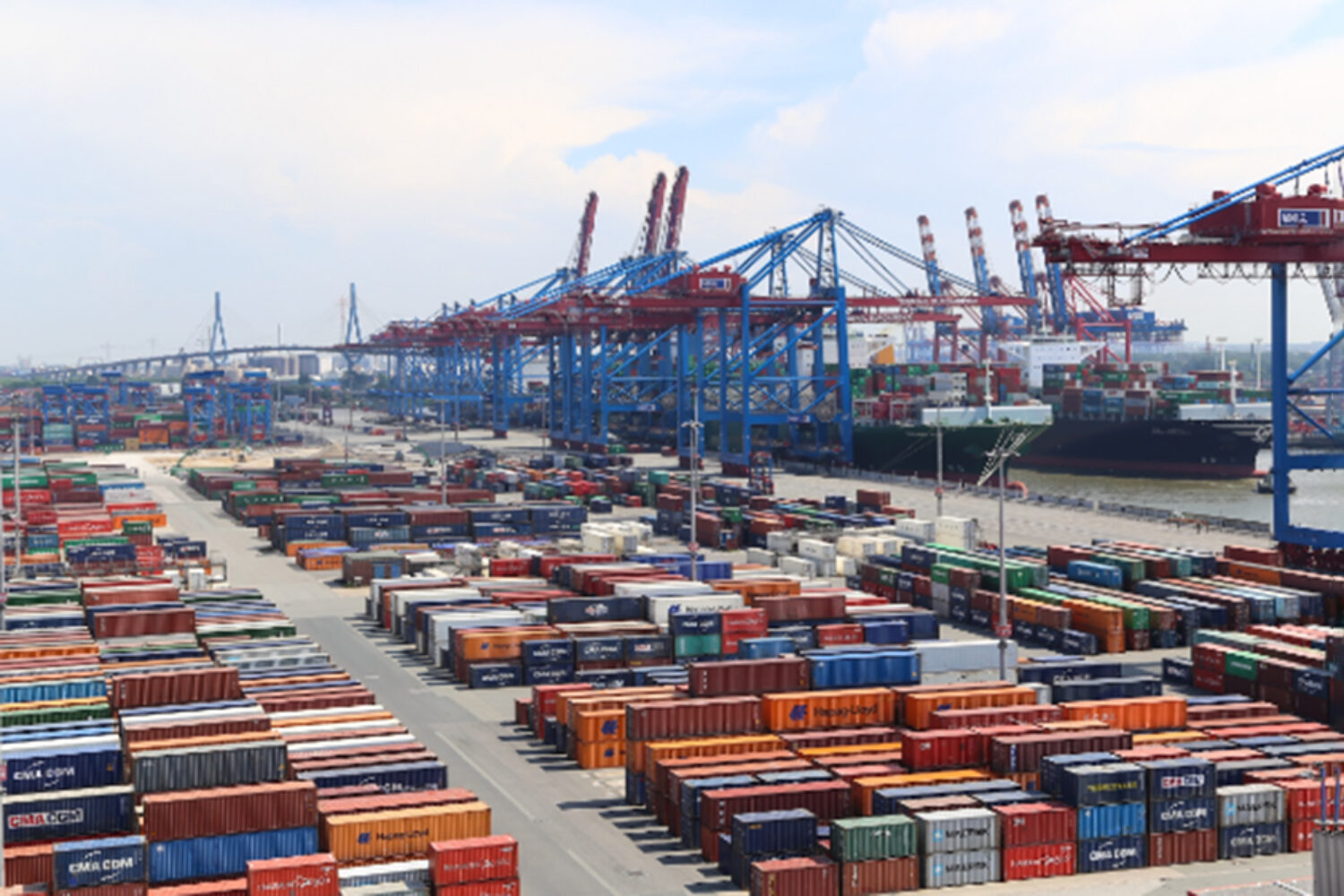A new standardised digital release process called “Secure Release Order” aims to make container imports via German seaports more secure.
The initiators of the project are the software service providers Dakosy and DBH. They have launched the process with the aim of gradually replacing the previous pin code-based procedure – not least to make collection via the German seaports more secure and at the same time provide effective protection against drug imports and organised crime via the German seaports.
The partners are planning to launch the introductory phase in the second half of this year. The key to the “comprehensive digitalisation of the release procedure” is the “Secure Release Order”. It is intended to ensure that it is always possible to trace who is authorised to dispose of the container from the time it arrives at the port by sea until it is picked up by the transport company. The container can only be released by one authorised party to the next, as was announced today. Each party digitally transfers the “right to collect” to the next party in the transport chain.
The new process, therefore, involves all players in the transport chain, including shipping companies, terminals, freight forwarders and transport companies. Communication is no longer direct, but encrypted via the neutral and cross-location IT platform German Ports, which Dakosy and DBH operate jointly. “The IT platform can be used to verify who the final rights holder is at any time. For example, terminal operators will in future check against German Ports whether the collecting company also holds the right to collect the container,” the partners write.
The truck slot booking process and the driver registration process at the terminals are also integrated into “German Ports”. As a result, there is a fixed digital link between the pick-up right, the transport pre-registration and the truck driver. “The standardized digitalized process significantly improves the security of import clearance for various reasons,” it continues. These are in detail:
- Authentication and transfer of exemption rights
- Documentation of the history of the exemption right in German Ports
- Protection against unauthorized data access and manipulation thanks to the encrypted backup of information on the German Ports IT platform
The German Ports IT platform is integrated into the existing port community systems. For the ports of Bremen and Wilhelmshaven this is the Business Information and Tracking Platform (BIT) from DBH and for the Port of Hamburg the Import Management Platform (IMP) from Dakosy. The two software companies launched the joint project under the label German Ports in 2021 with the aim of creating standardised solutions for German seaports as a whole and thereby strengthening the attractiveness of the maritime locations in international competition.
According to the partners, they received a “considerable tailwind” for the project to digitise container release as a result of the port security conference with security authorities and the port industry in Hamburg at the end of October 2023. The final declaration stated: “The common goal is a secure procedure for the release of containers through encrypted, traceable and clearly limited data access.”













